Signs Of Liver Cancer
30 May, 2024
Dr. Rajesh Bollam
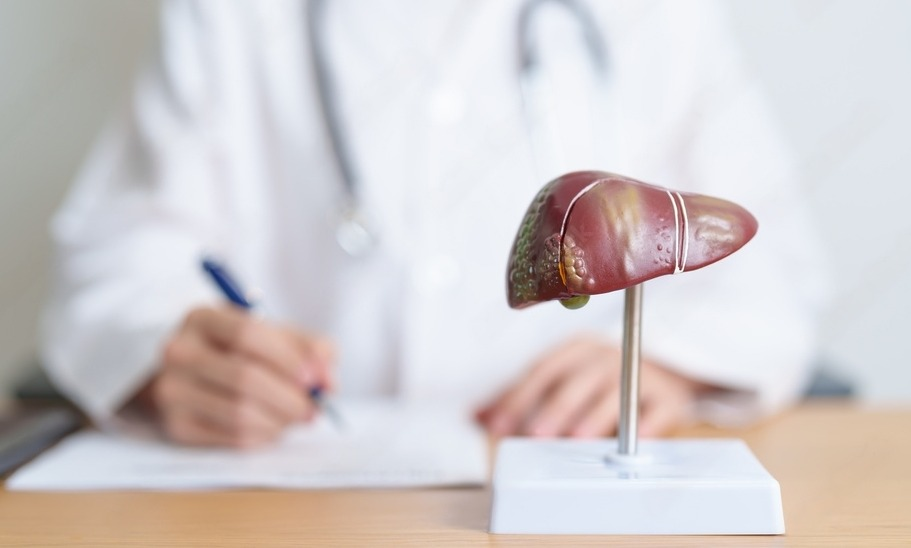
In actuality, most liver cancers don't show any symptoms at all. Actually, they are typically discovered by chance during an MRI, CT scan, or abdominal ultrasound performed for other intra-abdominal conditions. The most typical warning signs that people experience when they have liver cancer are given below.
Right-sided Pain in the Abdomen:
Abdominal Mass or Lump:
Liver tumors or liver cancer can grow to a significant size before causing noticeable symptoms. Feeling a mass or lump in the right upper quadrant of the abdomen, especially when lying down, can be a sign of a large liver tumor. However, in obese individuals, the presence of excess abdominal fat can make it more difficult to detect such masses during a physical examination. This is why a thorough examination by a liver surgeon or healthcare professional is crucial for an accurate diagnosis and appropriate management.
Pain in the right shoulder:
Patients with liver cancer or tumors pressing against the right diaphragm frequently describe this symptom. Referred pain impulses are transported from the right diaphragm to the right shoulder region via the phrenic vein. Right shoulder pain can be brought on by anything that irritates the right diaphragm, including liver tumors, subdiaphragmatic infections, inflammations, and abscesses. Many individuals show up to a liver surgeon without any indication of a bone fracture and with a normal right shoulder x-ray.
Jaundice
It's important to note that jaundice can also be caused by other liver diseases, such as hepatitis or cirrhosis, as well as by conditions affecting the bile ducts. Prompt diagnosis and appropriate management are crucial in such cases.
Itching:
When bile ducts are obstructed, the buildup of bile acids can indeed lead to intense itching, known as pruritus. It can be challenging to manage, but there are treatments available, such as medications to reduce bile acid levels or relieve itching.
Unintentional weight loss
Unintentional weight loss is a common symptom of liver cancer, as it is with many other cancers. The production of enzymes by tumor cells can indeed lead to a variety of symptoms that contribute to this weight loss.
Bloating:
As a liver tumor grows, it can press on nearby organs, including the stomach. This pressure can lead to symptoms like bloating, nausea, and discomfort, especially after eating. It's important for individuals experiencing these symptoms, especially if they are persistent or severe, to seek medical attention for proper diagnosis and management.
Shortness of Breath:
Liver cancer, especially when it grows large or is located in certain areas, can lead to shortness of breath. This can happen due to physical limitation of the diaphragm's movement or irritation of the diaphragm and surrounding structures. It's important for individuals experiencing shortness of breath to seek medical attention to determine the underlying cause and receive appropriate treatment.
Generalized Fatique:
Generalized fatigue, along with weight loss, malaise, and failure to thrive, can all be symptoms of liver cancer. Cachexin, a protein produced by cancer cells, is thought to play a role in these symptoms by affecting cellular functions in the body.
Fever:
When the biliary tree is obstructed, it can lead to stagnant bile flow, which can cause an infection called cholangitis. Fever, along with chills and rigors, is a common symptom of cholangitis. This is a serious condition that requires urgent medical attention.
Recent Posts

Bone Marrow Transplantation in children
Aug 27, 2024
Dr. Rajesh Bollam

All you need to know about Childhood Cancers
Aug 26, 2024
Dr. Rajesh Bollam

Signs of Liver Cancer
May 30, 2024
Dr. Rajesh Bollam
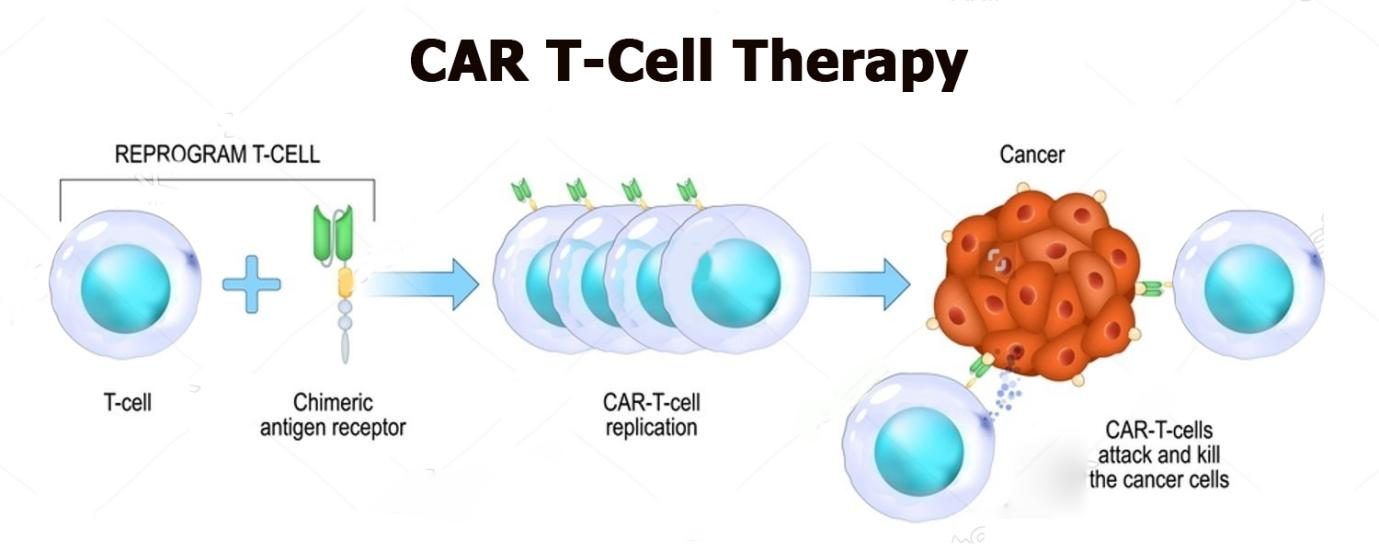
CAR T-cell therapy
Mar 01, 2024
Dr. Rajesh Bollam
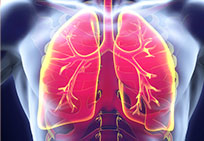
Mediastinal tumors
Jun 03, 2022
Dr. Rajesh Bollam
.jpg)
Blood Cancer Journal
Apr 29, 2022
Dr. Rajesh Bollam
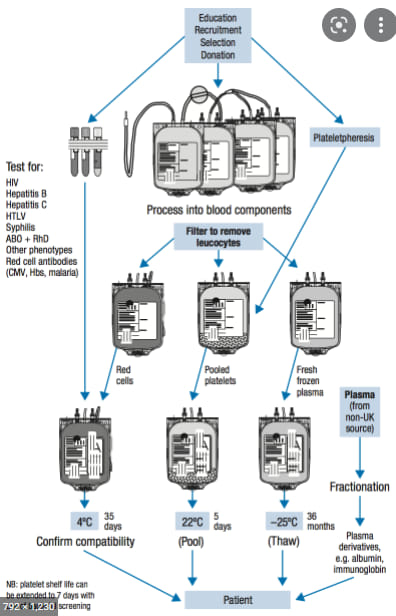
Transfusion medicine for RBCs
Apr 18, 2022
Dr. Rajesh Bollam
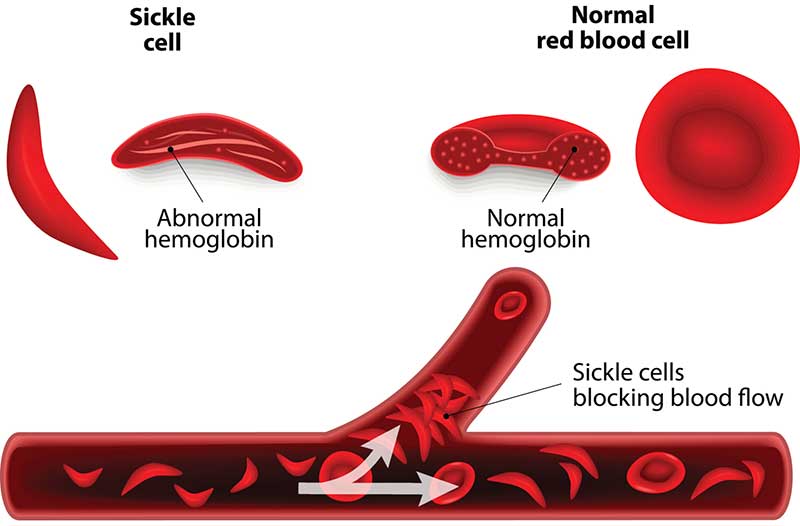
Sickle Cell Anemia
Apr 15, 2022
Dr. Rajesh Bollam

What’s new in cancer immunotherapy?
Nov 30, 2021
Dr. Rajesh Bollam

What is immunotherapy?
Nov 30, 2021
Dr. Rajesh Bollam
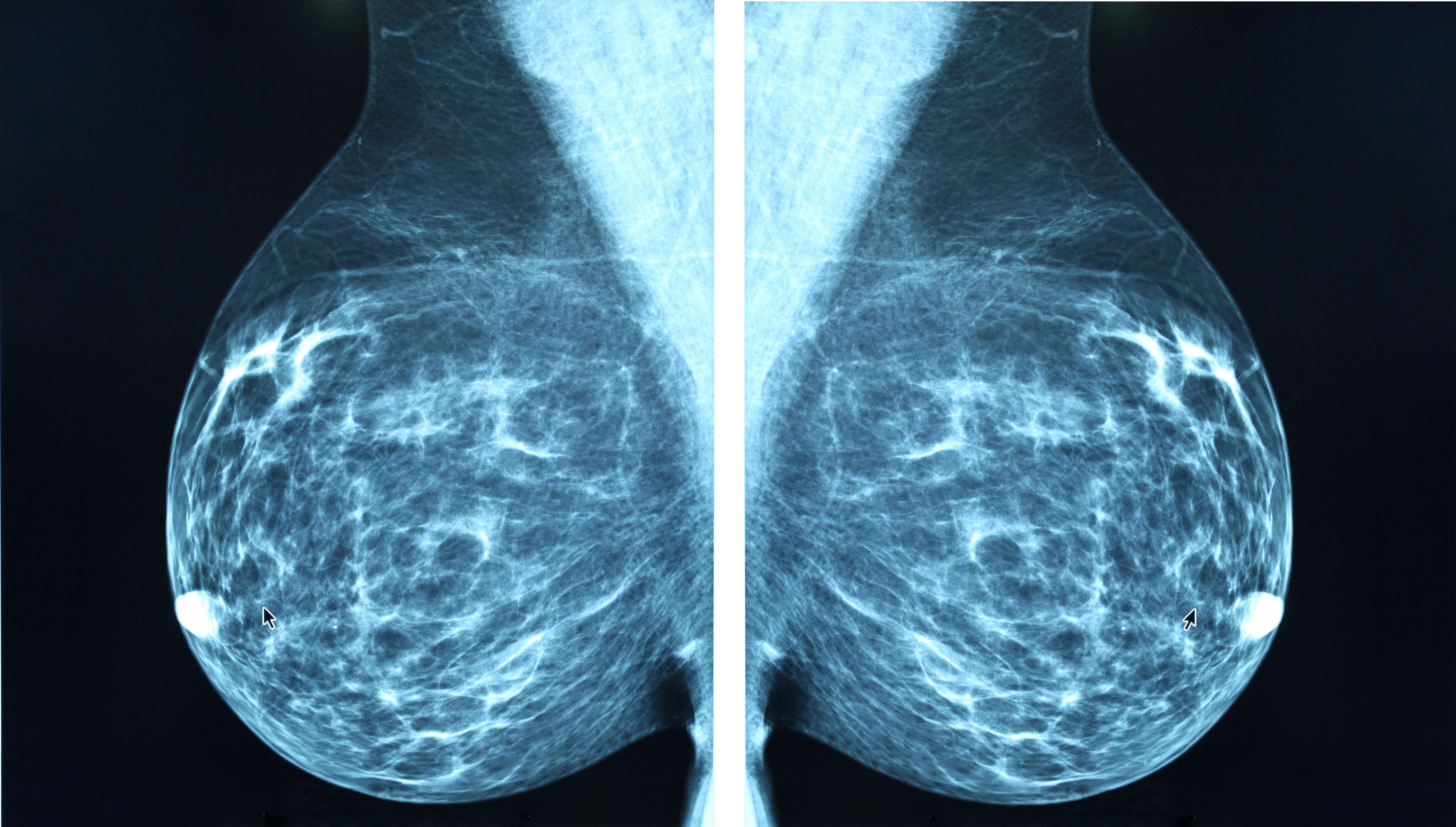
What causes breast cancer?
Nov 30, 2021
Dr. Rajesh Bollam

Who gets breast cancer?
Nov 30, 2021
Dr. Rajesh Bollam
Breast cancer symptoms
Nov 30, 2021
Dr. Rajesh Bollam
.jpg)
Types of breast cancer
Nov 30, 2021
Dr. Rajesh Bollam
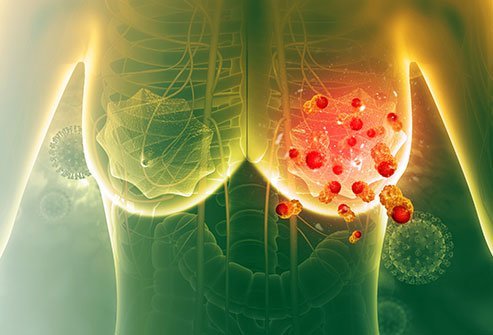
Types of invasive breast cancers
Nov 30, 2021
Dr. Rajesh Bollam
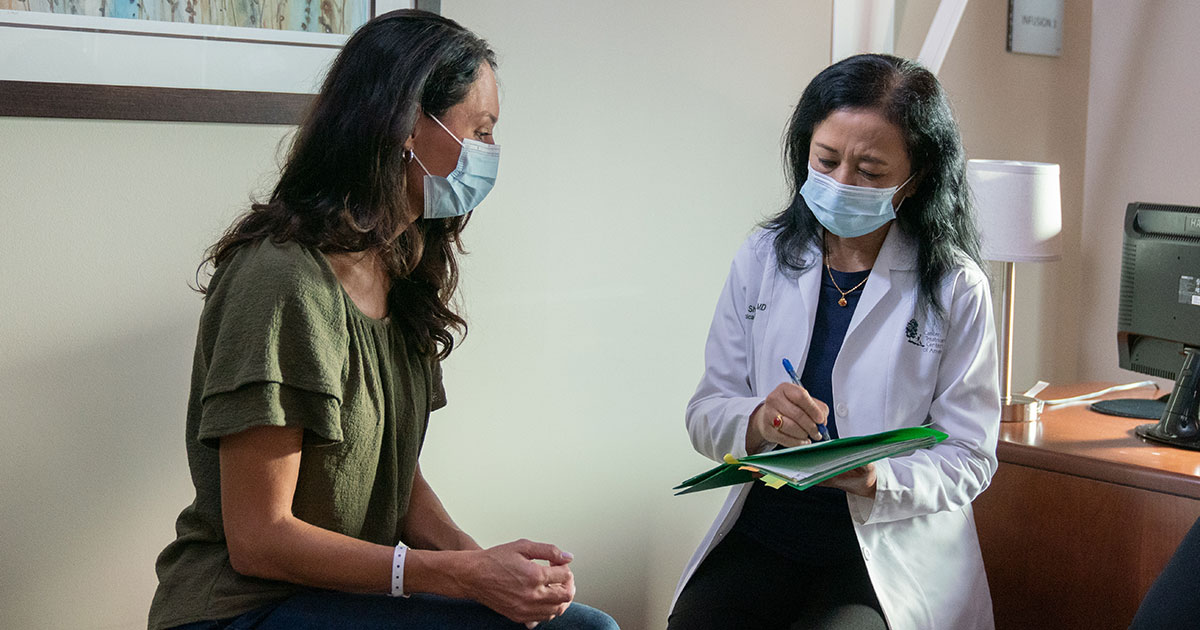
Breast cancer treatment plan
Nov 30, 2021
Dr. Rajesh Bollam
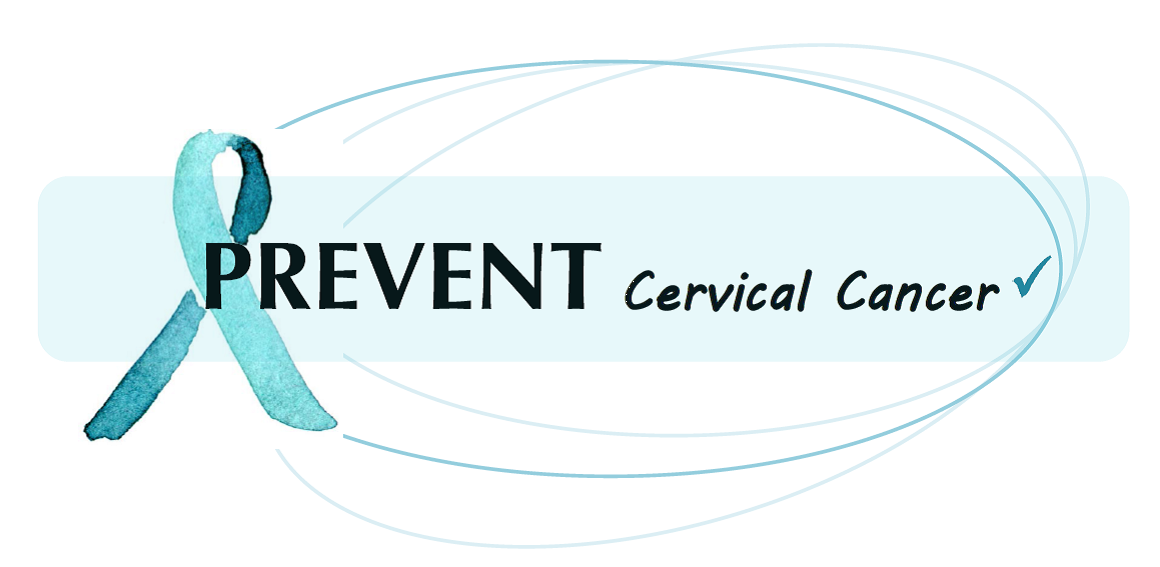
How to prevent cervical cancer
Nov 22, 2021
Dr. Rajesh Bollam
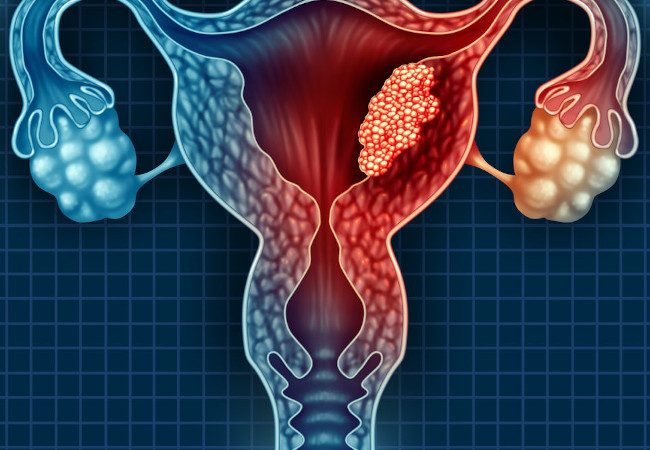
What is cervical cancer?
Nov 22, 2021
Dr. Rajesh Bollam
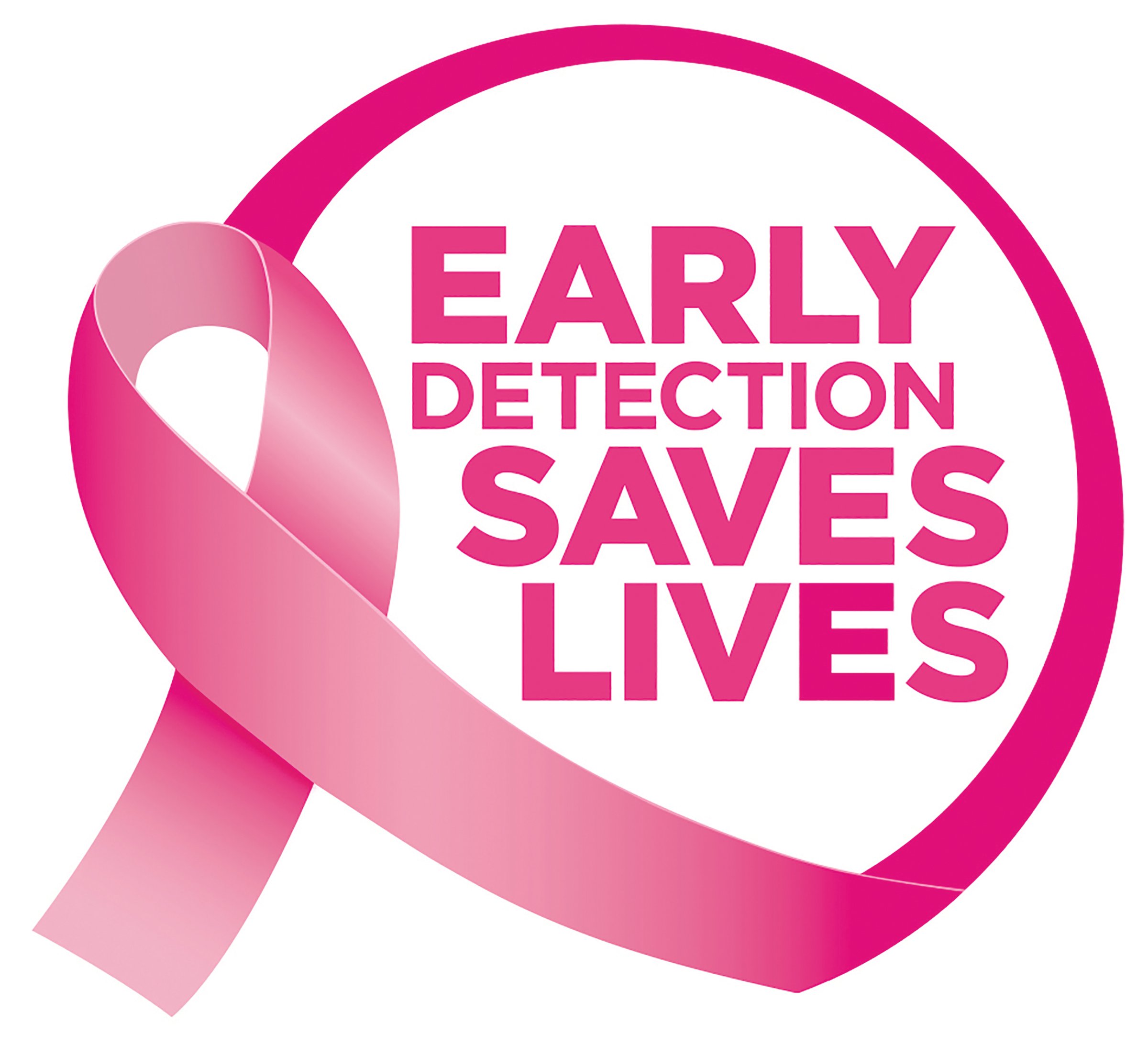
Are there tests for early detection?
Nov 22, 2021
Dr. Rajesh Bollam

Breast cancer risk factors
Nov 22, 2021
Dr. Rajesh Bollam

Staging and Treatment for oral cancer
Nov 22, 2021
Dr. Rajesh Bollam
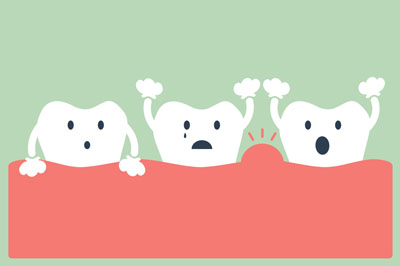
How to prevent oral cancer
Nov 22, 2021
Dr. Rajesh Bollam

Risk factors of oral cancer
Nov 22, 2021
Dr. Rajesh Bollam

What is oral cancer?
Nov 22, 2021
Dr. Rajesh Bollam
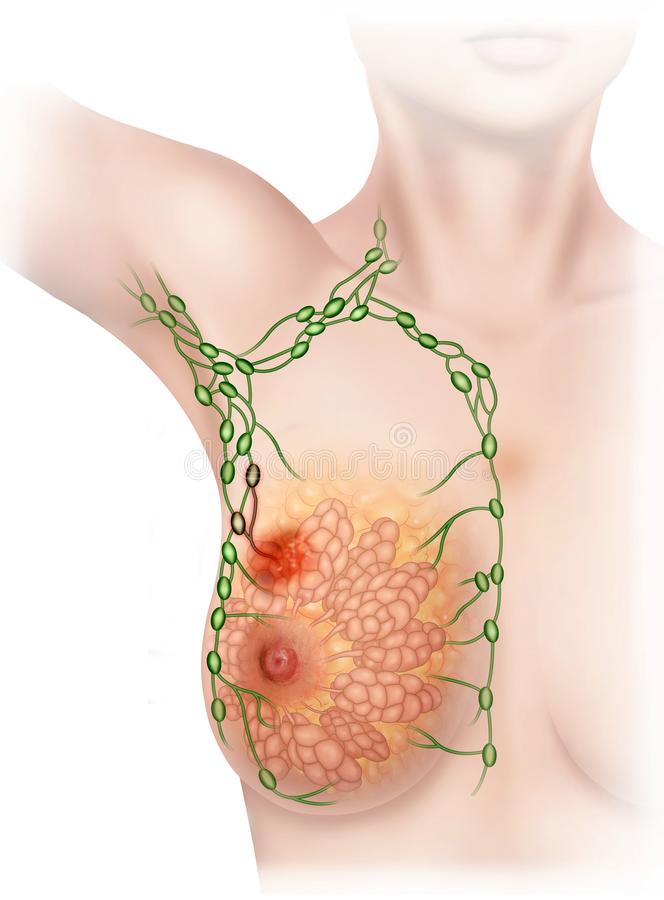
The Lymph System of the Breast
Nov 22, 2021
Dr. Rajesh Bollam
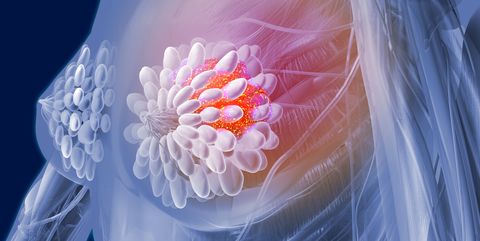
What Is Breast Cancer?
Nov 22, 2021
Dr. Rajesh Bollam
.jpeg)
Kidney Cancer: Myths & Reality
Nov 12, 2021
Dr. Rajesh Bollam
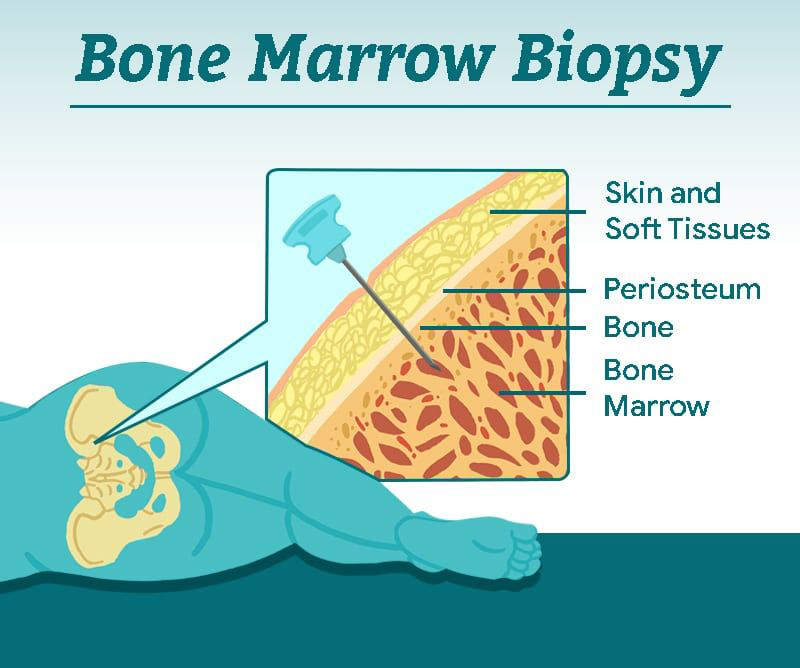
Bone marrow biopsy
Sep 29, 2021
Dr. Rajesh Bollam
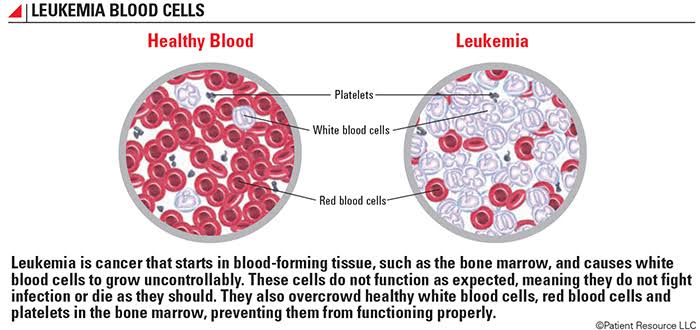
Leukemia
May 28, 2021
Dr. Rajesh Bollam
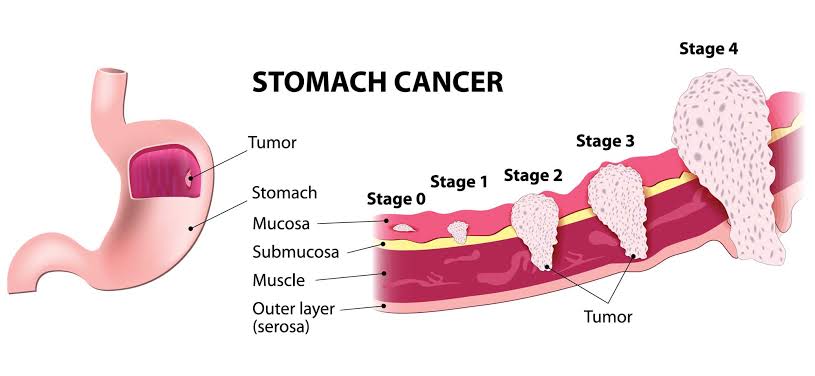
Stomach Cancer
May 28, 2021
Dr. Rajesh Bollam
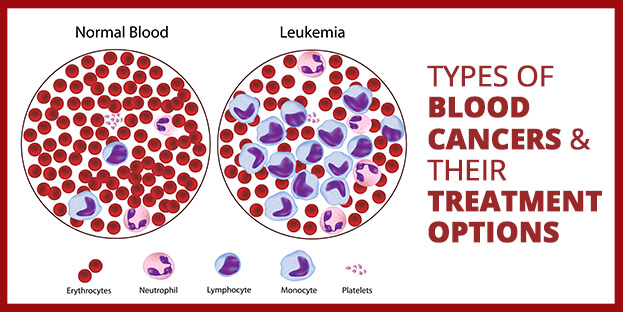
Blood Cancer – Types and Treatment
May 21, 2021
Dr. Rajesh Bollam
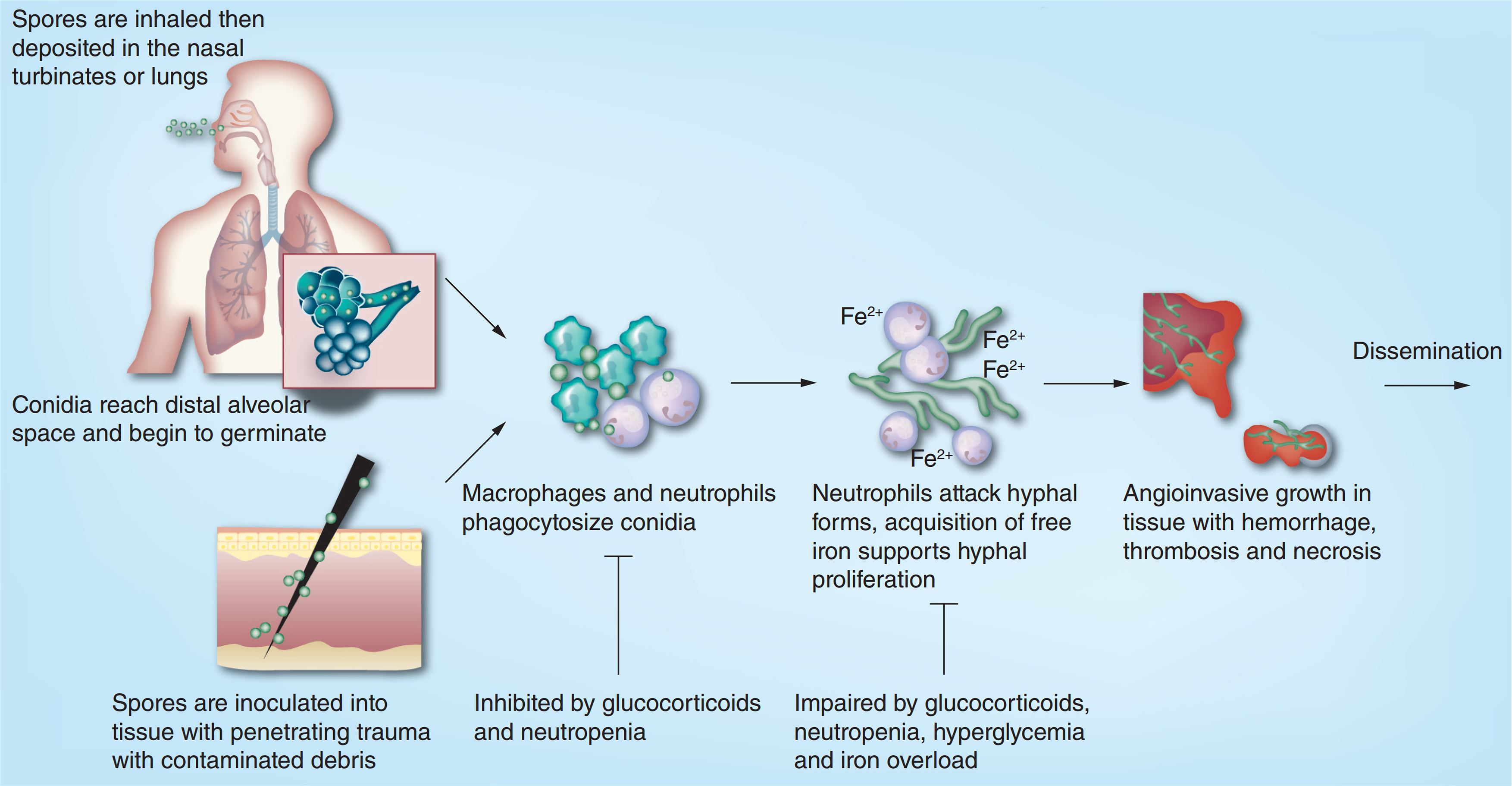
Reasons for mucormycosis in Covid-19
May 21, 2021
Dr. Rajesh Bollam
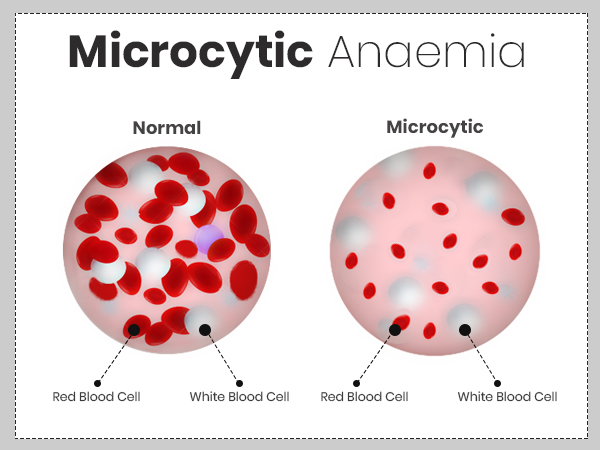
Microcytic and Hypochromic anemia is one of the common scenario we encounter in Clinics
May 21, 2021
Dr. Rajesh Bollam
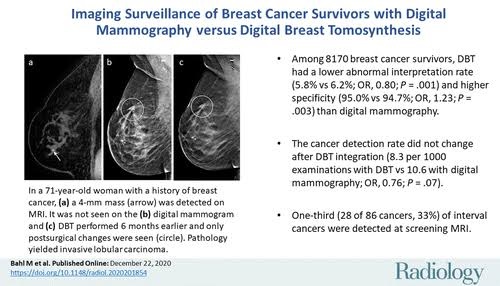
Updated Recommendations for Breast Cancer Surveillance in Young Female Cancer Survivors
May 21, 2021
Dr. Rajesh Bollam
vs
May 14, 2021
Dr. Rajesh Bollam
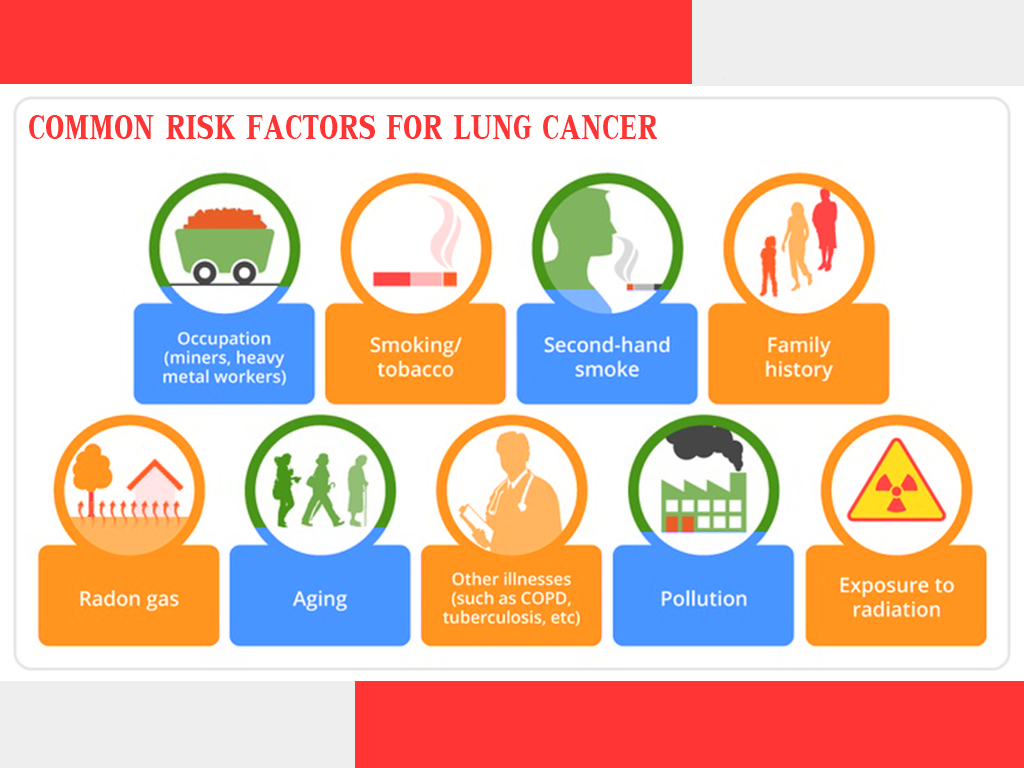
Risk Factors of Lung Cancer
Apr 06, 2021
Dr. Rajesh Bollam
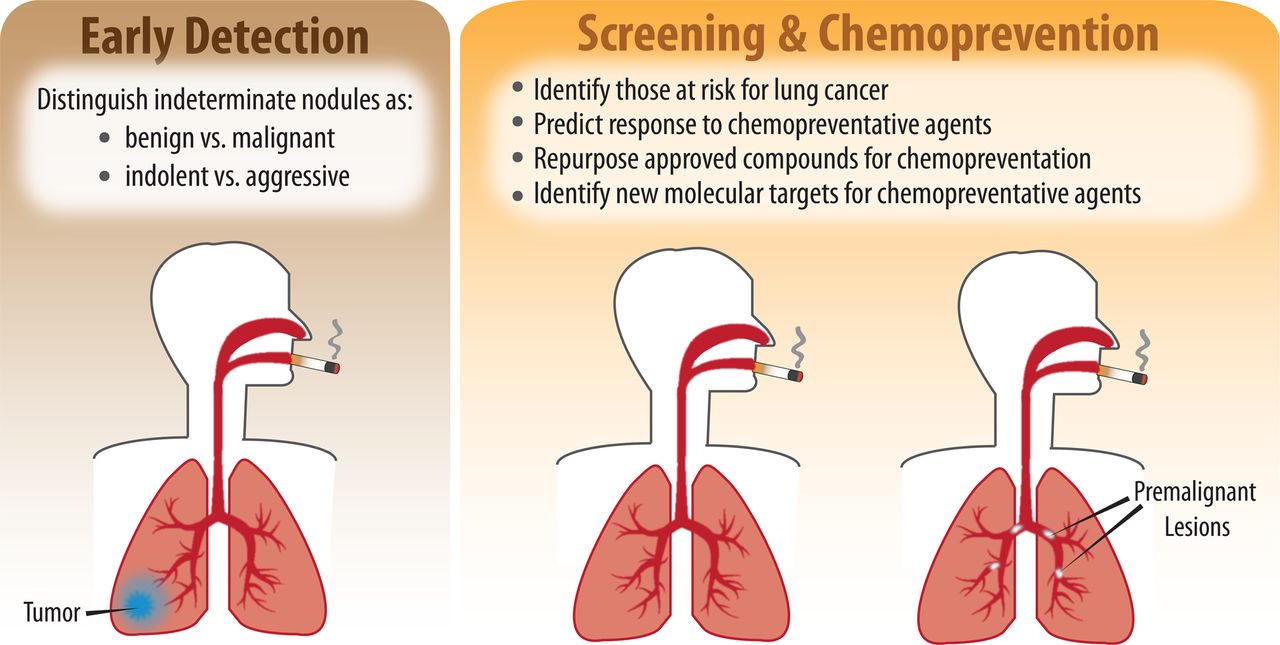
Diagnosing lung cancer
Apr 06, 2021
Dr. Rajesh Bollam
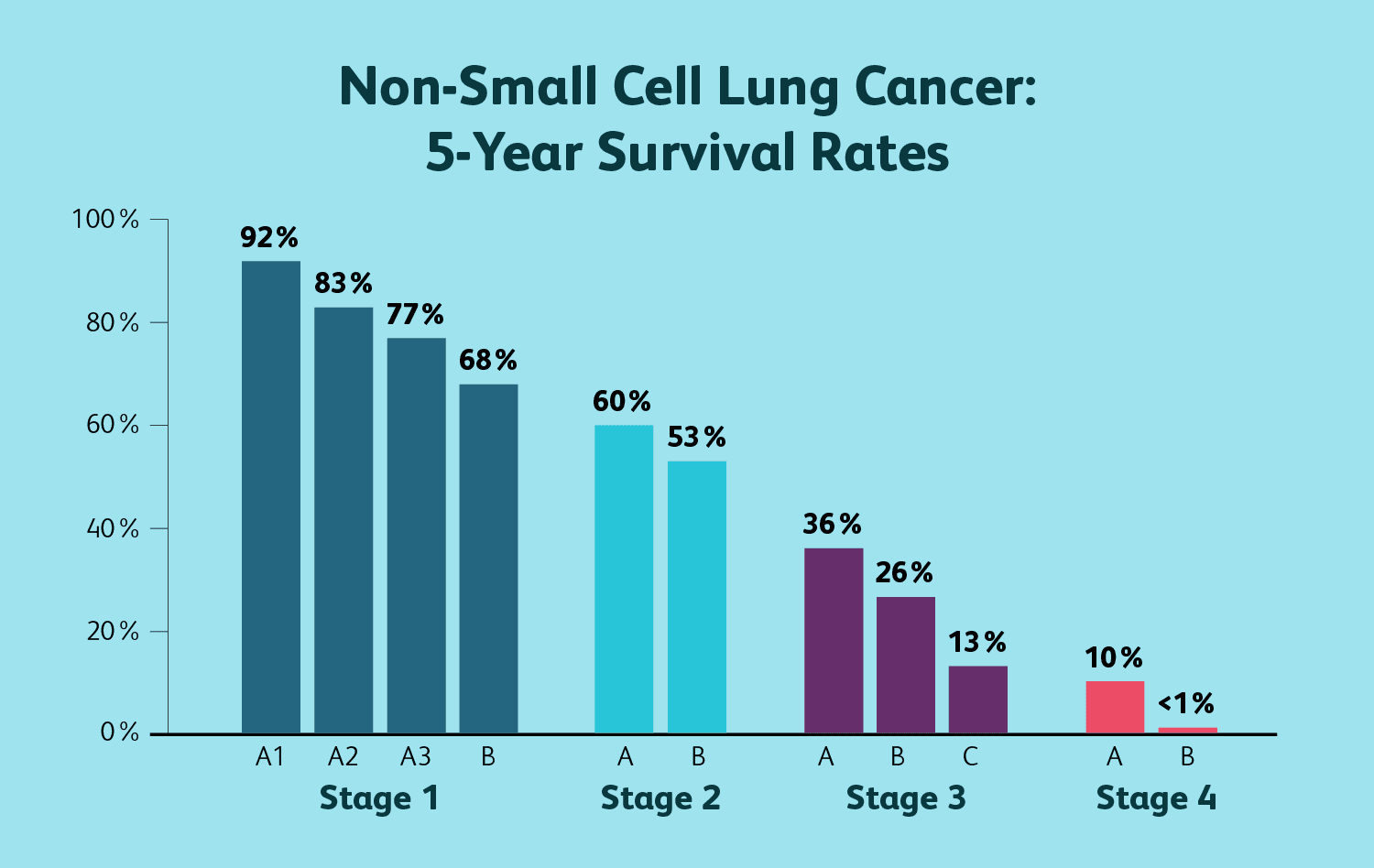
Lung cancer and life expectancy
Apr 06, 2021
Dr. Rajesh Bollam
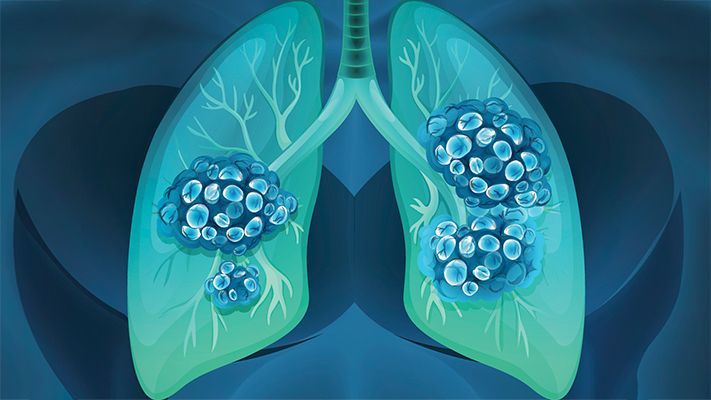
Home remedies for lung cancer symptoms
Apr 06, 2021
Dr. Rajesh Bollam
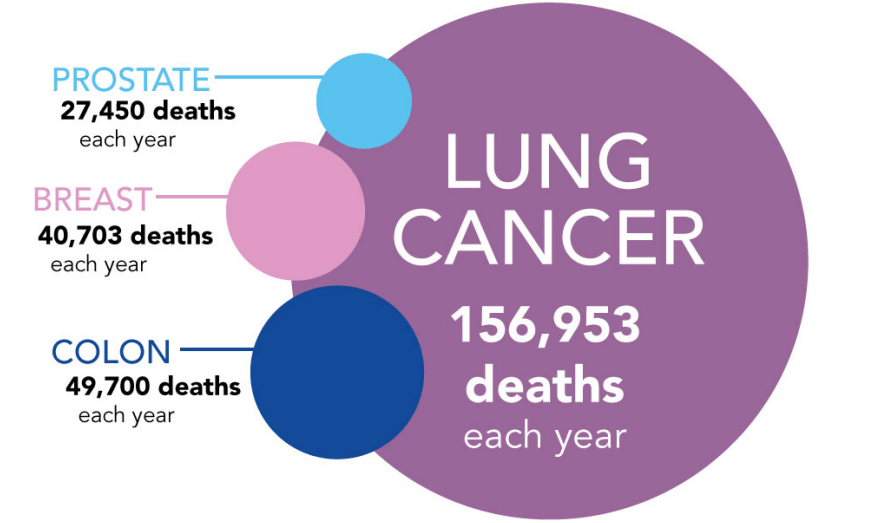
Facts and statistics about lung cancer
Apr 06, 2021
Dr. Rajesh Bollam

Diet recommendations for people with lung cancer
Apr 06, 2021
Dr. Rajesh Bollam
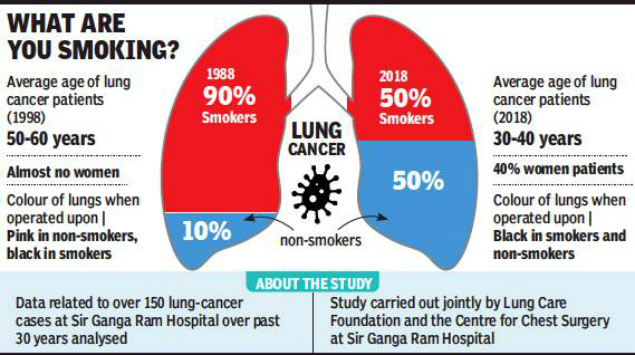
Lung cancer and smoking
Apr 06, 2021
Dr. Rajesh Bollam
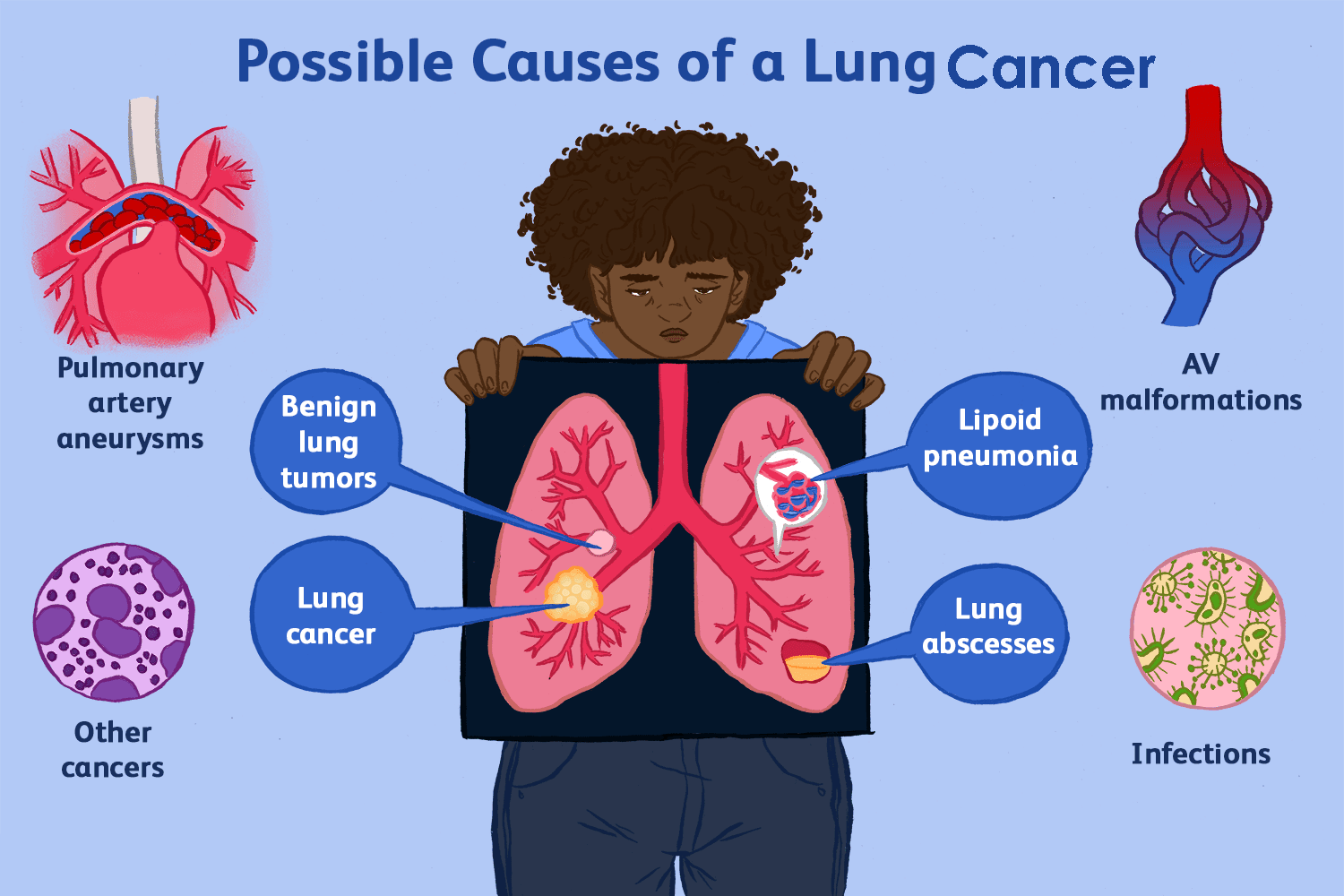
Causes of Lung Cancer
Apr 06, 2021
Dr. Rajesh Bollam
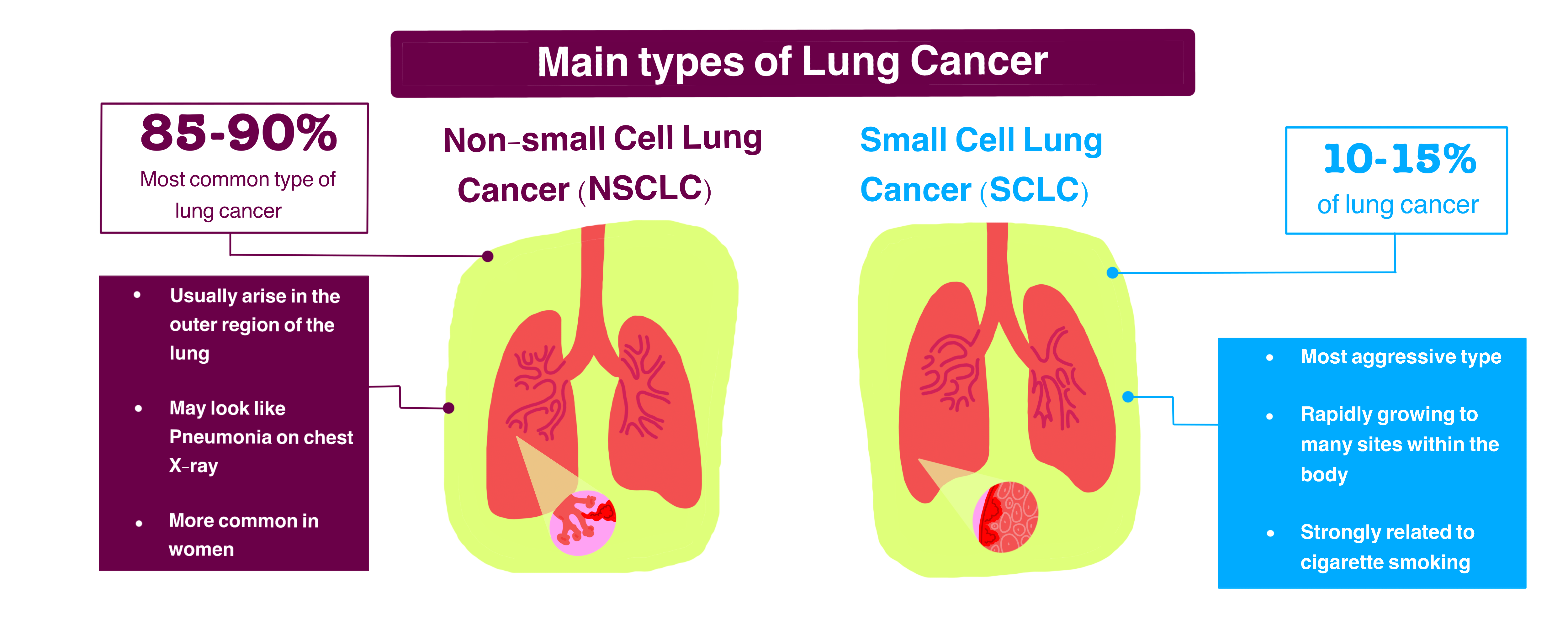
Different Types of Lung Cancer
Apr 06, 2021
Dr. Rajesh Bollam
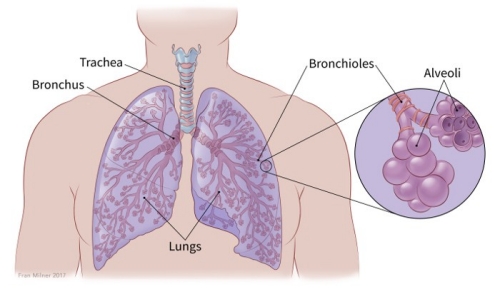
Lung Cancer and its types
Apr 06, 2021
Dr. Rajesh Bollam
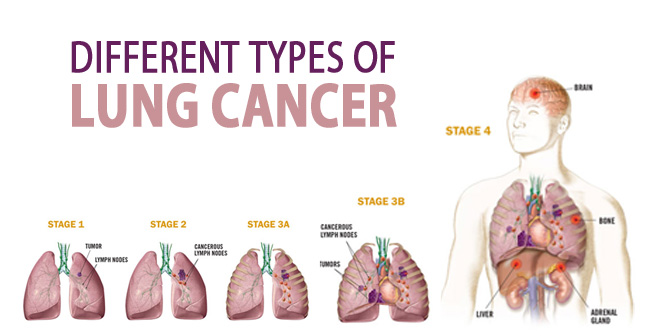
Stages of LUNG CANCER
Apr 06, 2021
Dr. Rajesh Bollam
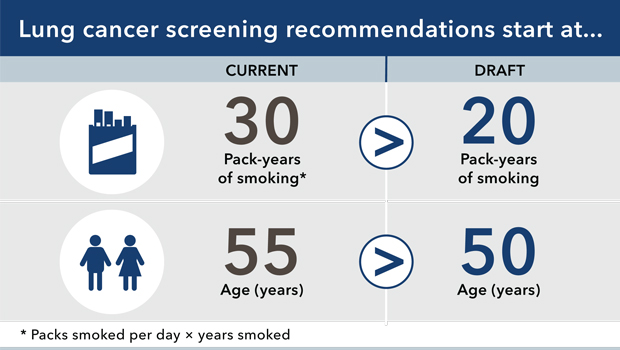
Lung Cancer and Lung Cancer Screening
Apr 06, 2021
Dr. Rajesh Bollam
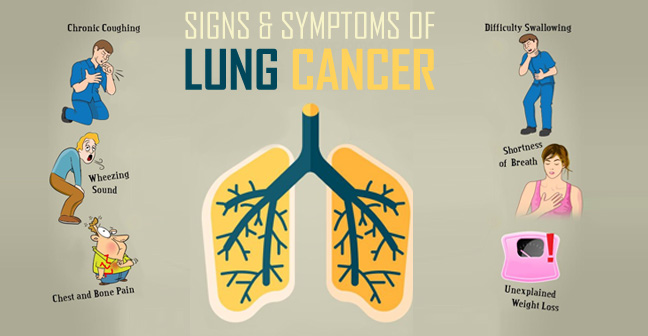
What are the symptoms of lung cancer
Apr 06, 2021
Dr. Rajesh Bollam
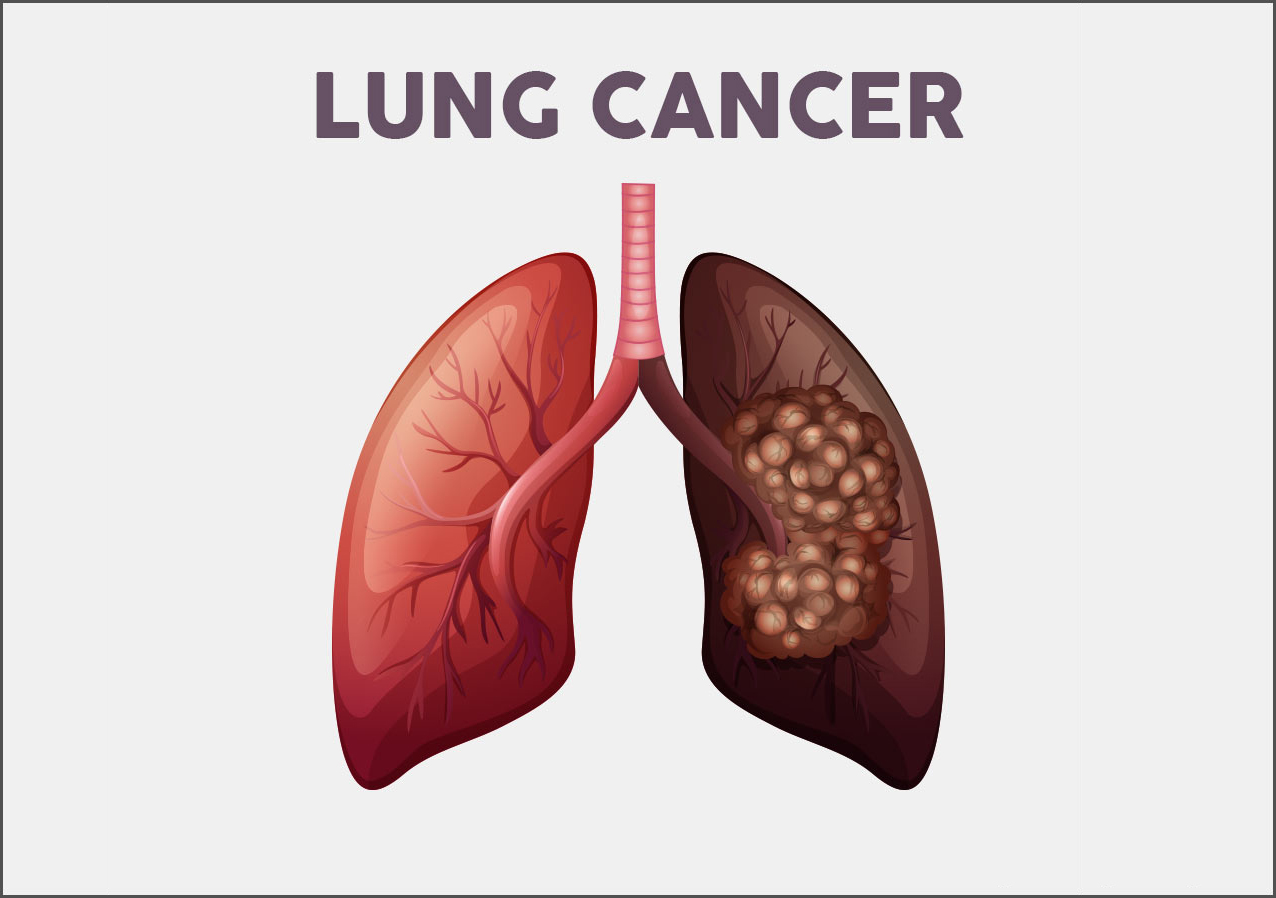
Lung cancer occurs when cells divide in the lungs uncontrollably.
Apr 06, 2021
Dr. Rajesh Bollam

KEYNOTE-365
Mar 12, 2021
Dr. Rajesh Bollam
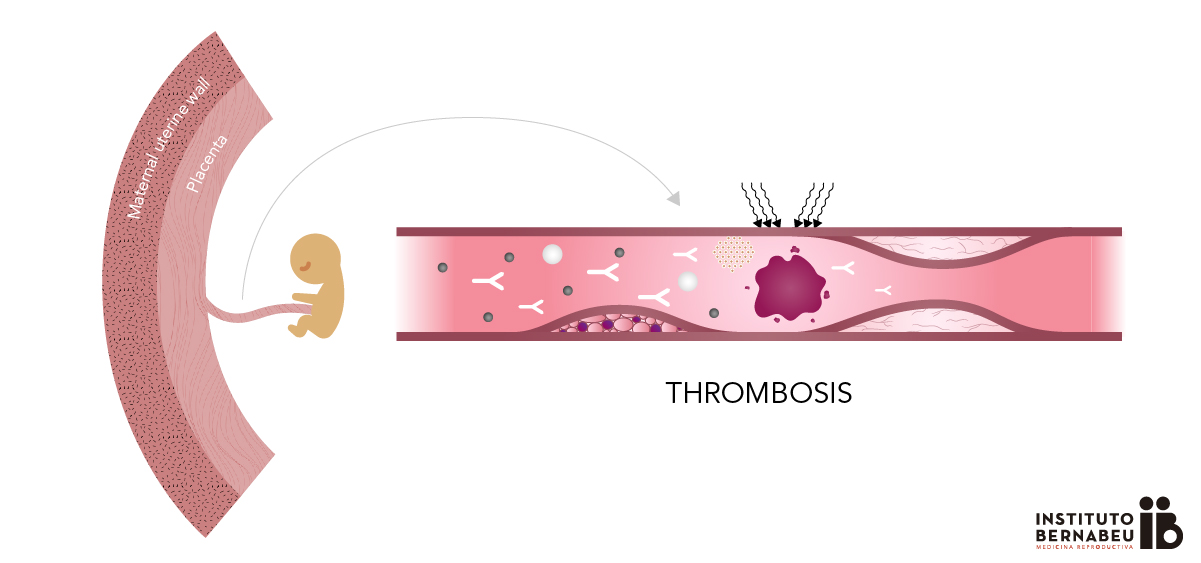
Antiphospholipid syndrome in Pregnancy
Mar 12, 2021
Dr. Rajesh Bollam
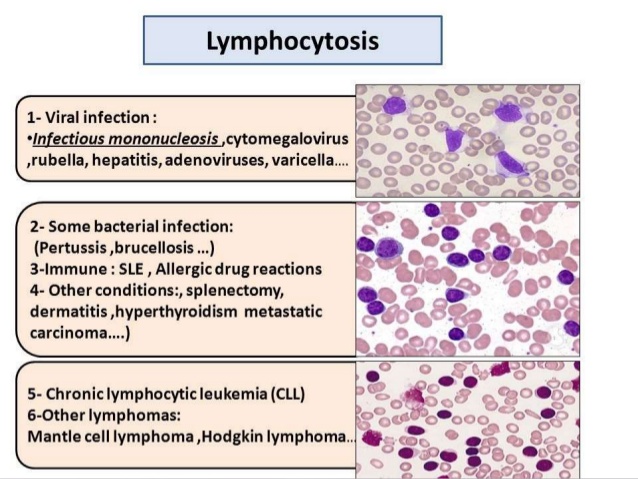
Leucocytosis
Mar 12, 2021
Dr. Rajesh Bollam
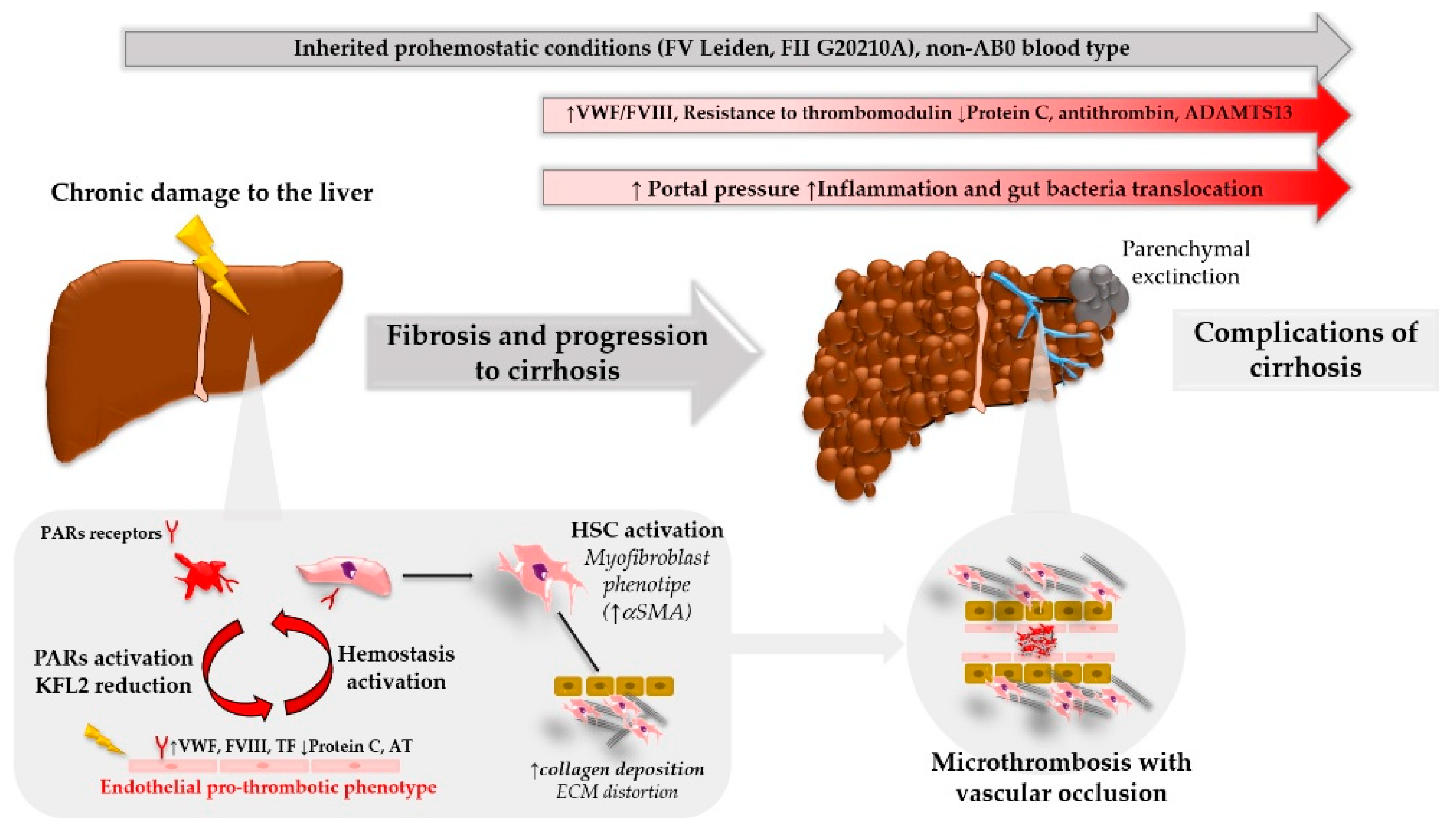
Patients with liver disease often have blood results that give an appearance of a significant bleeding risk
Mar 12, 2021
Dr. Rajesh Bollam
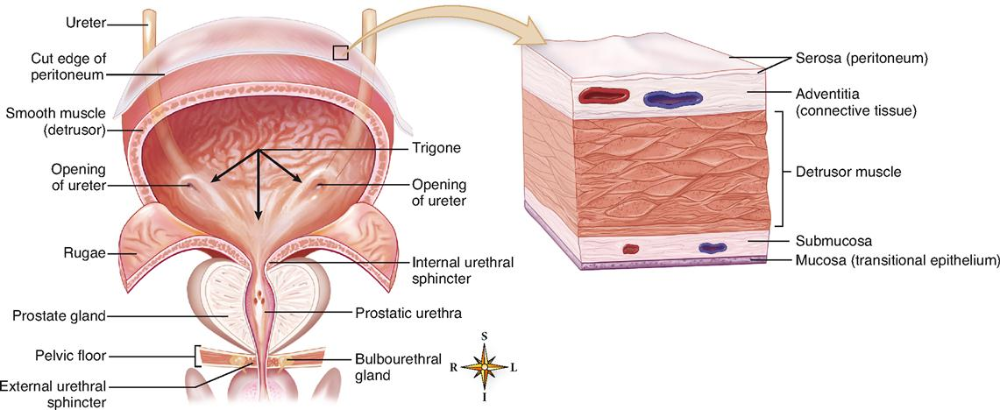
Navigating Uncertain Times in Muscle-Invasive and Advanced Bladder Cancer
Mar 12, 2021
Dr. Rajesh Bollam
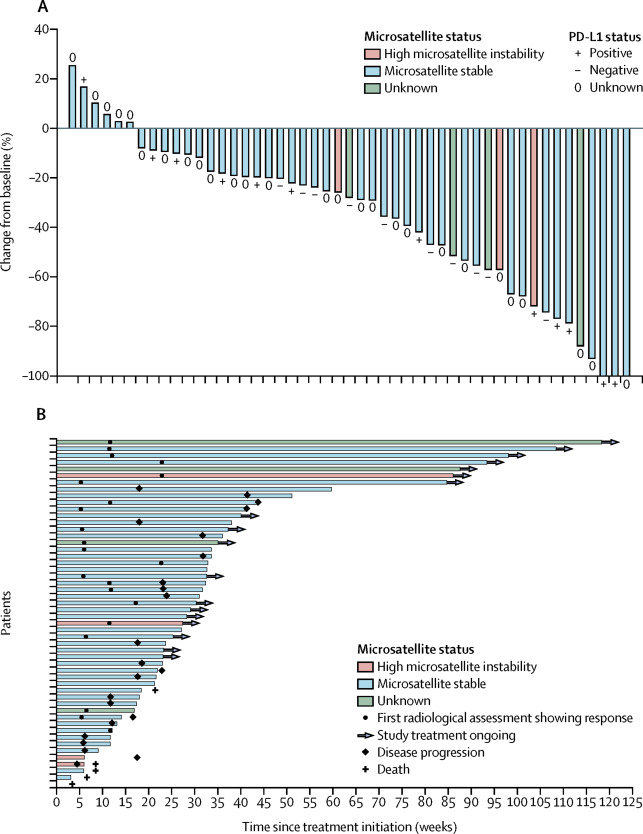
Lenvatinib plus pembrolizumab
Mar 12, 2021
Dr. Rajesh Bollam
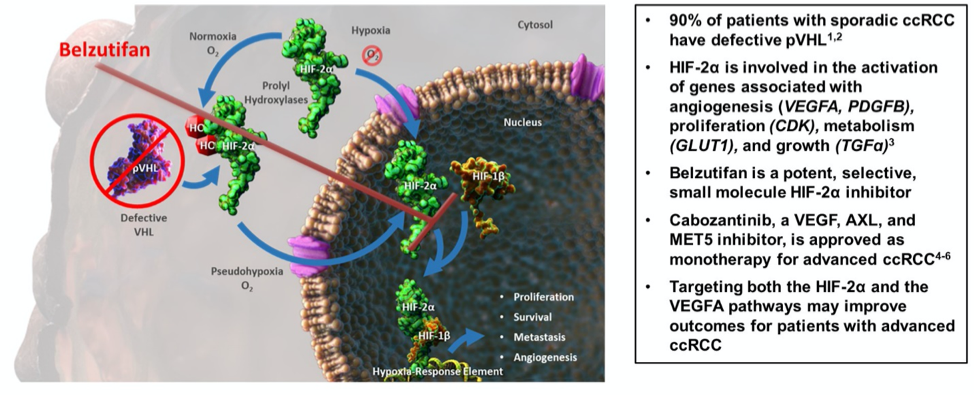
From bench to bedside, another practice-changing treatment is on the road!
Mar 12, 2021
Dr. Rajesh Bollam
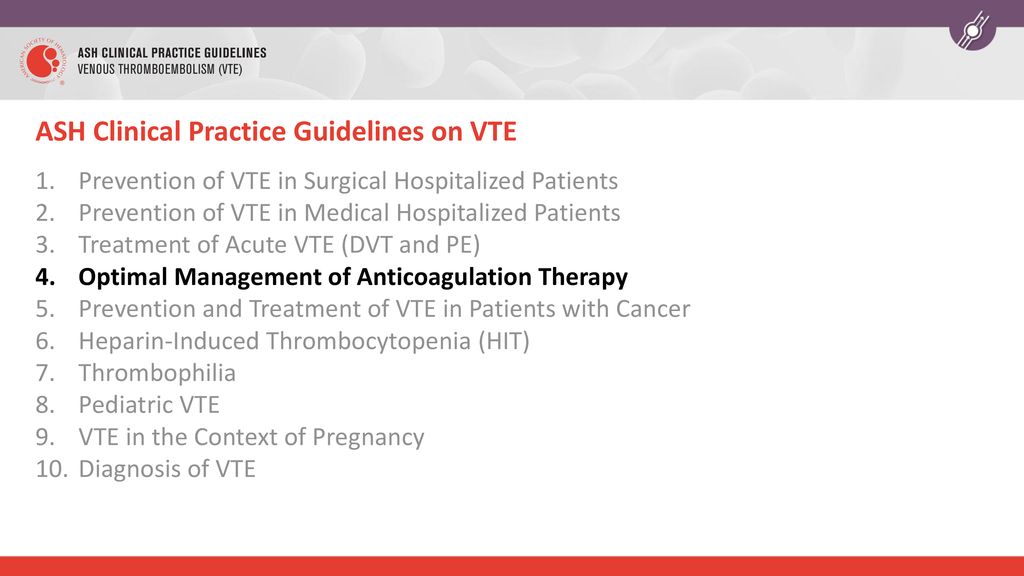
ASH_hematology VTE guidelines in patients with cancer
Mar 12, 2021
Dr. Rajesh Bollam
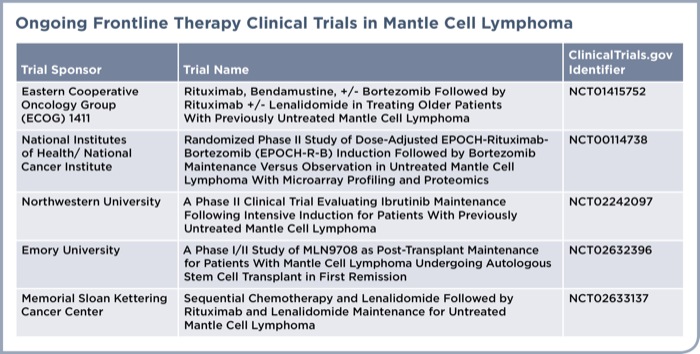
How I Rx Newly Diagnosed Mantle Cell Lymphoma
Mar 12, 2021
Dr. Rajesh Bollam
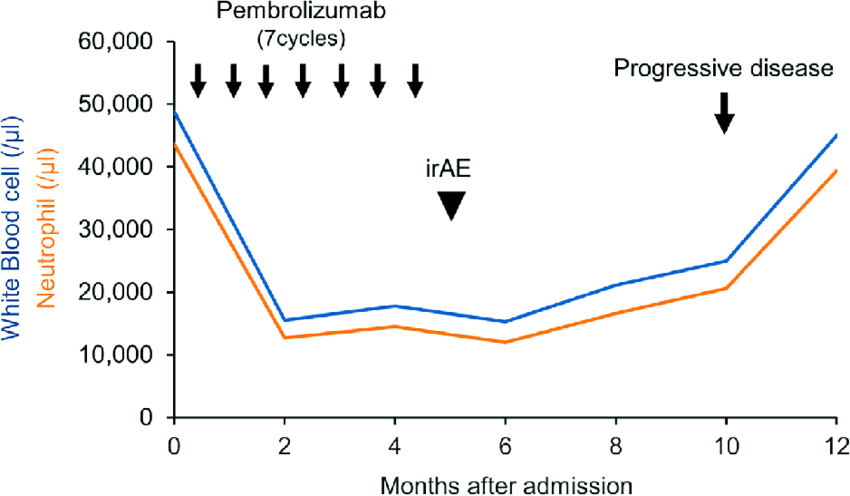
Ipilumumab plus pembrolizumab vs pembrolizumab alone in pdL1 more than 50 percentage Which is better
Mar 12, 2021
Dr. Rajesh Bollam

APML is medical emergency
Mar 11, 2021
Dr. Rajesh Bollam
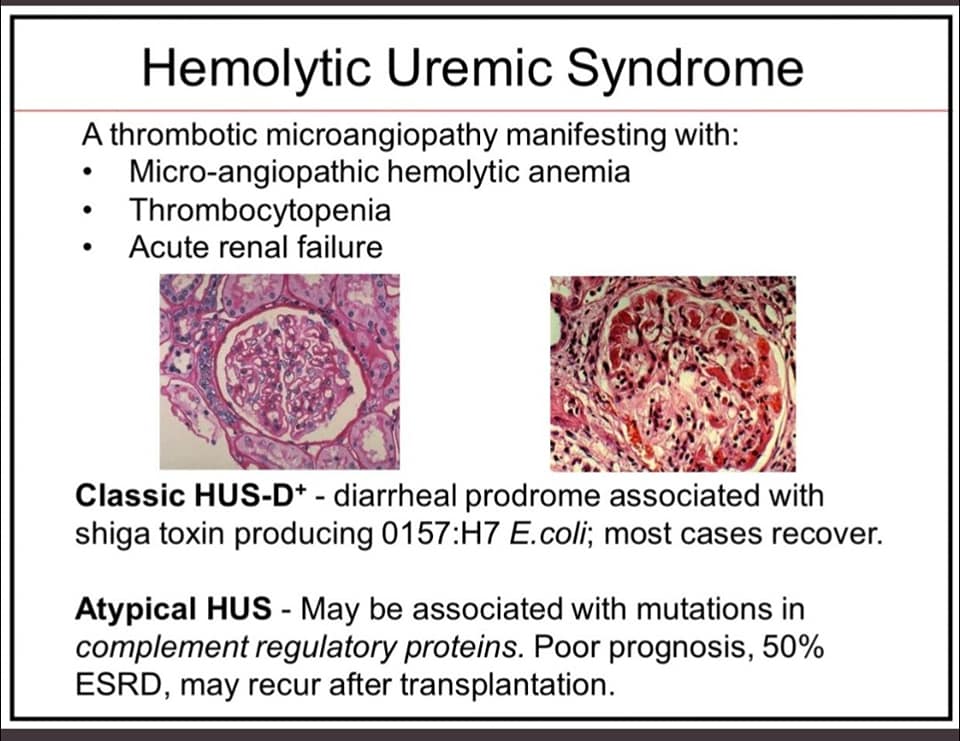
aHUS is a disease of excessive activation of the alternative complement pathway (ACP)
Mar 11, 2021
Dr. Rajesh Bollam
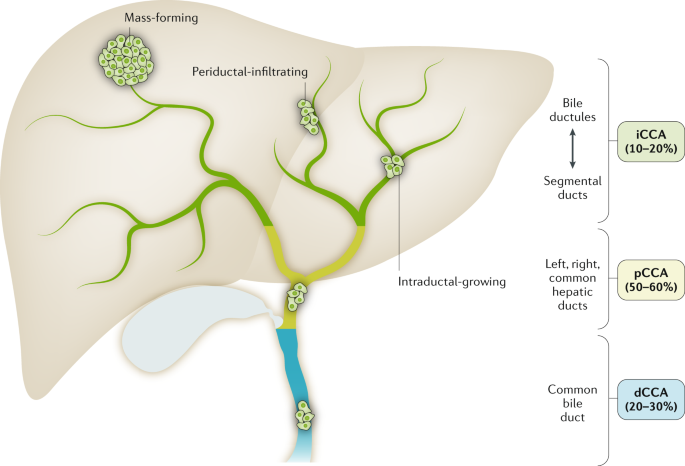
imp. point to reiterate
Mar 11, 2021
Dr. Rajesh Bollam
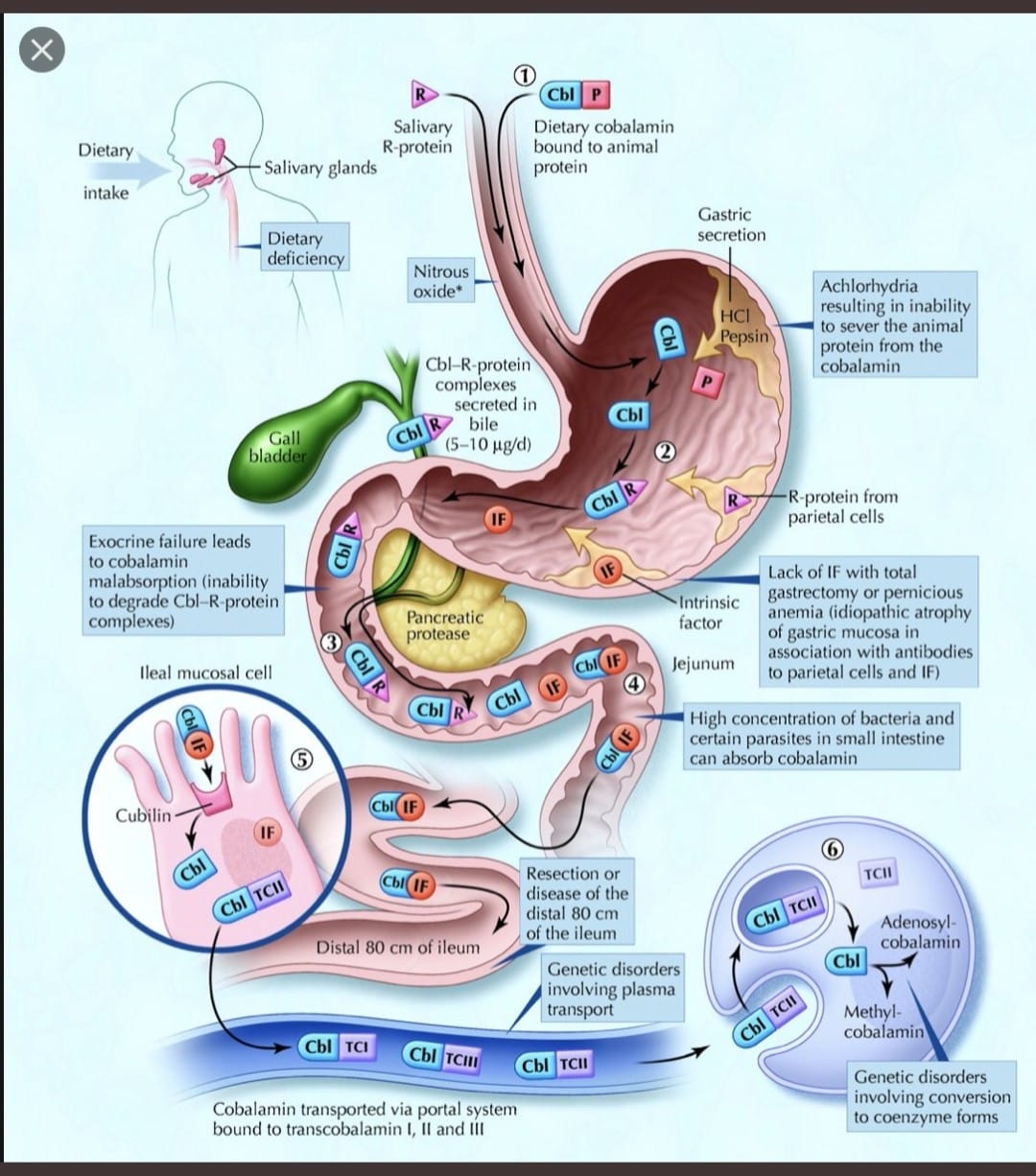
Understand B12 Absorption to Learn B12 Def
Mar 11, 2021
Dr. Rajesh Bollam
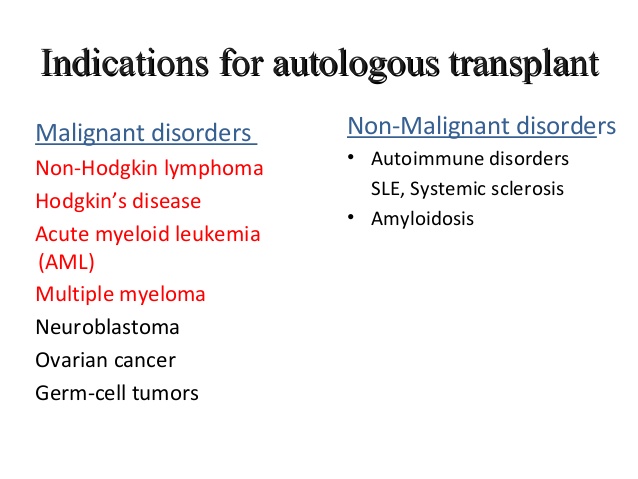
Indications for auto-transplant - for the oncology fellows
Mar 09, 2021
Dr. Rajesh Bollam
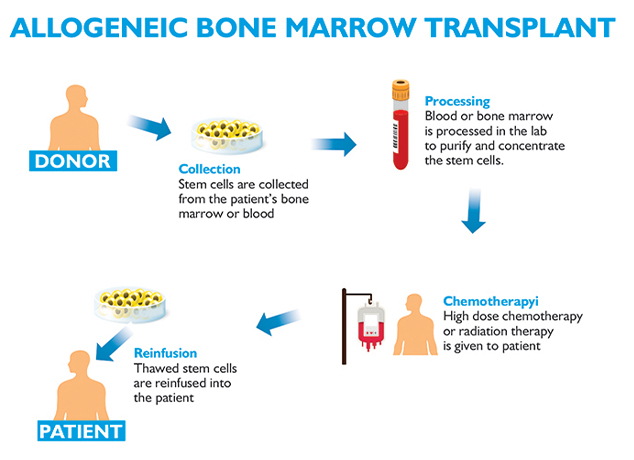
Allogeneic bone marrow transplant is the curative treatment for few relapsed leukemias and Lymphoma
Mar 09, 2021
Dr. Rajesh Bollam
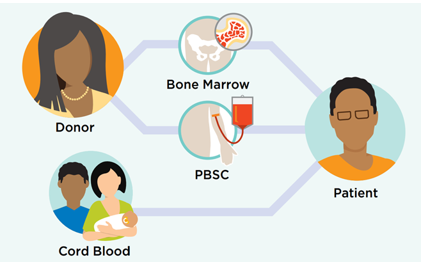
Allo BMT Basics
Mar 09, 2021
Dr. Rajesh Bollam
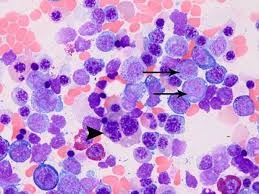
Myeloid HemePath Pearls
Mar 09, 2021
Dr. Rajesh Bollam
Myeloid HemePath Pearls
Mar 09, 2021
Dr. Rajesh Bollam
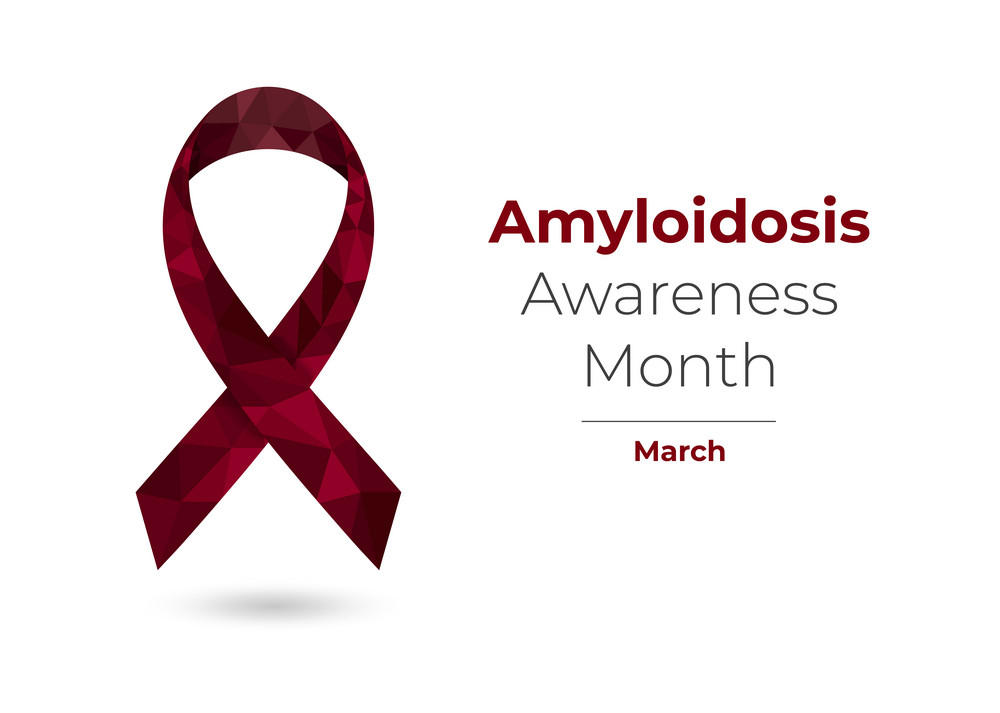
Amyloidosis month
Mar 03, 2021
Dr. Rajesh Bollam
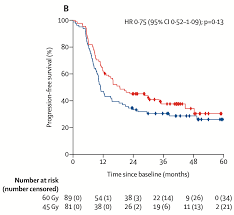
Full publication of randomized Scandinavian dose escalation trial for LS SCLC
Mar 03, 2021
Dr. Rajesh Bollam
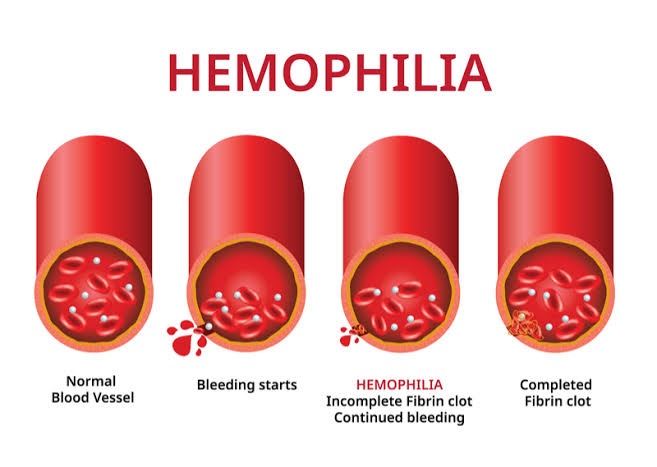
Hemophilia
Mar 03, 2021
Dr. Rajesh Bollam
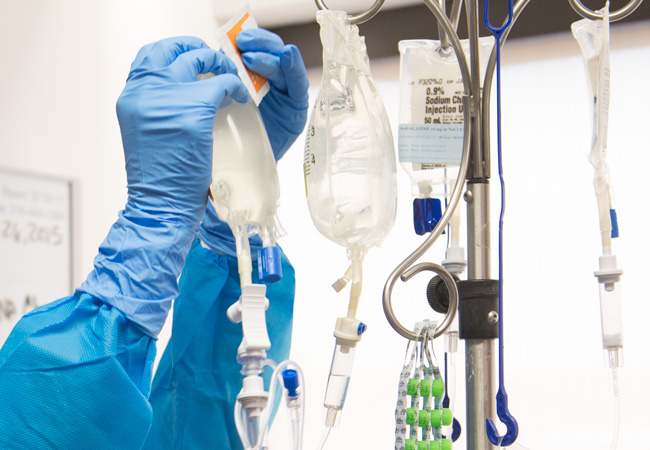
Rituximab Maintenance for Follicular lymphoma
Mar 03, 2021
Dr. Rajesh Bollam
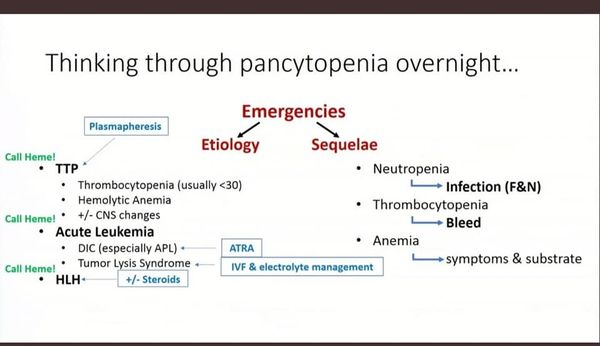
PANCYTOPENIA
Feb 23, 2021
Dr. Rajesh Bollam
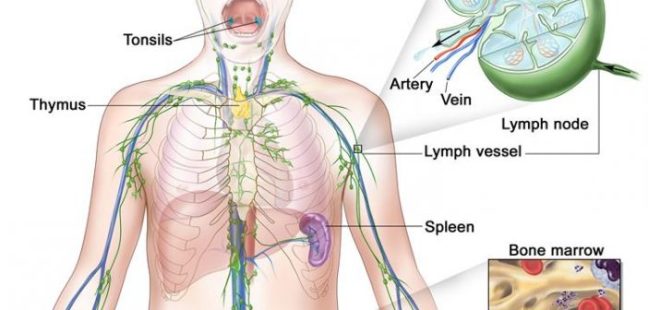
WHAT IS THE MAIN CAUSE OF LYMPHOMA?
Feb 18, 2021
Dr. Rajesh Bollam
Add a comment